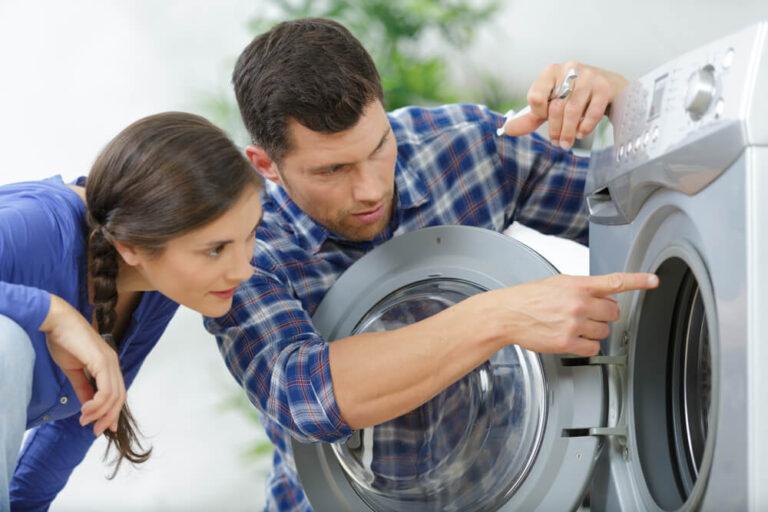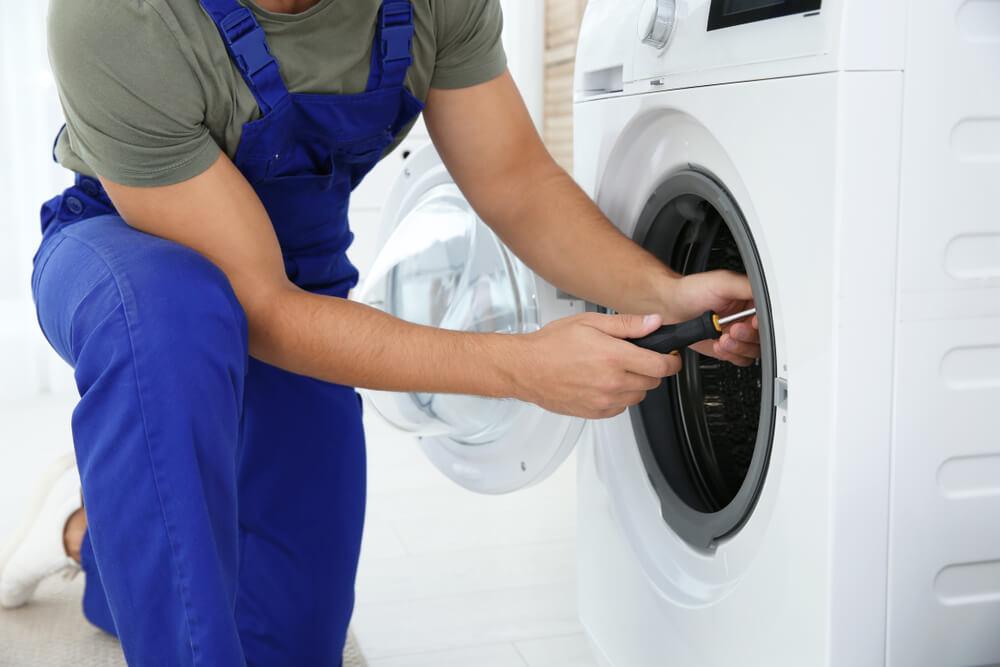Common Whirlpool Washing Machine Issues and Whether They're Worth Fixing
Introduction
When you think about household appliances, the washing machine is undoubtedly one of the most critical. It saves us countless hours by automating a chore that once took up precious time. But what happens when your trusty Whirlpool washing machine starts to malfunction? In this article, we’ll explore Common Whirlpool Washing Machine Issues and Whether They’re Worth Fixing. From strange noises to leaks and everything in between, we'll break down these issues and help you make an informed decision about whether to repair or replace your appliance.
Common Whirlpool Washing Machine Issues and Whether They're Worth Fixing
Let’s dive right into it! When it comes to fixing your Whirlpool washing machine, there are various common issues you might encounter. Here’s a comprehensive list to help you identify if what you're facing is a minor hiccup or something that needs immediate attention.
1. The Machine Won't Start
Possible Causes
- Power Supply Issues
- Faulty Door Lock
- Defective Control Board
If your Whirlpool washing machine won’t start, don’t panic! Start with the basics: check if it's plugged in or if a circuit breaker has tripped. If everything looks good but the machine still doesn’t start, you might be dealing with a faulty door lock or control board.
Repair Options
- Check the power supply.
- Inspect the door lock mechanism.
- Consult a professional for control board issues.
2. Water Isn't Filling Up
Reasons for This Issue
- Clogged Water Inlet Filters
- Faulty Water Inlet Valve
- Kinked Hose
The water fill issue can be frustrating, especially if you're ready to do laundry. First things first—inspect those hoses. A kink could be all it takes to stop water flow. If they look good, check the inlet filters for clogs.
Repair Steps
- Clean clogged filters.
- Replace the water inlet valve if needed.
3. Excessive Noise During Operation
What Causes Noisy Wash Cycles?
- Unbalanced Load
- Worn Out Bearings
- Loose Parts
Does your Whirlpool washing machine sound like a freight train during spin cycles? An unbalanced load often causes excessive noise; simply redistribute clothes evenly inside the drum. If that doesn’t help, worn-out bearings may need replacing.
Fixing Noisy Machines
- Redistribute laundry.
- Inspect bearings for wear and tear.
4. Leaking Water
Common Leak Sources
- Damaged Hoses
- Worn Door Seals
- Overflow from Detergent Drawer
A leak can lead to significant damage not just to your washer but also to your home. Inspect hoses first for cracks or loose connections; then check door seals for wear.
How to Address Leaks
5. Error Codes Displayed
Understanding Error Codes
Error codes can be cryptic but often point directly at specific issues like blocked drains or sensor failures.

Common Codes: | Code | Meaning | |------|---------------------------| | F01 | Control board failure | | F02 | Long drain time | | F20 | Water fill issue |
If your display shows an error code, consult your manual for interpretations and troubleshooting steps.
6. Clothes Still Wet After Cycle
Potential Reasons
- Overloading
- Malfunctioning Drain Pump
- Blocked Drain Hose
Finding soggy clothes after a wash cycle can be infuriating! Overloading is a common culprit; ensure you're not cramming too much in there! If you've checked that off the list, consider inspecting the drain pump next.
Steps to Solve Wet Laundry Issue
Evaluating Whether It's Worth Fixing Your Washer
Now that we’ve covered some common problems let’s determine whether repairing them is worth it.
1. Assess Repair Costs vs Replacement Costs
Repairs usually range from $100 to $500 depending on what's broken and how severe the problem is. If repairs exceed half of what a new washer costs, it's time to consider replacement options.
2. Lifespan of Your Appliance
Whirlpool washers typically last around 10–15 years with regular maintenance. If yours is getting up there in age and starts showing persistent issues, it might be more cost-effective to invest in a new model instead of sinking money into repairs.

3. Frequency of Breakdowns
Is this becoming a recurring nightmare? If you're frequently calling for repairs, it could indicate deeper issues within the appliance itself rather than just minor fixes here and there.
DIY vs Professional Repairs: What Should You Choose?
1. When Can You DIY?
For simpler tasks like cleaning filters or replacing minor parts (like hoses), rolling up your sleeves is often sufficient!
2. When Should You Call a Pro?
For complicated electrical or mechanical issues—especially those involving circuits or motors—it’s best left to trained professionals who know their way around Whirlpool washers!
FAQs About Common Whirlpool Washing Machine Issues
1: How long do Whirlpool washing machines typically last?
Whirlpool washers generally last between 10–15 years with proper care and maintenance.
2: Is it worth repairing my old Whirlpool washer?
If repair costs are less than half of purchasing a new unit and your washer is relatively new, repair may be worthwhile; otherwise, consider replacement.
3: What should I do if my washer won't drain?
same-day laundry machine repairs nearbyCheck for clogs in the hose and inspect the drain pump function; call for professional service if these checks don't resolve the issue.
4: Why does my washer make loud noises while spinning?
This could indicate an unbalanced load or worn bearings—redistributing clothes often helps alleviate noise issues!
5: How can I prevent future leaks from my washing machine?
Regularly inspect hoses for damage and ensure door seals are intact; avoid overloading which can strain components.
6: Where can I find "Whirlpool washing machine repair near me"?
Use online directories or local listings; many appliance repair services specialize in Whirlpool products!
Conclusion
Navigating through Common Whirlpool Washing Machine Issues and Whether They're Worth Fixing may seem daunting at first glance, but understanding these frequent problems allows you to make informed decisions about repairs versus replacements effectively! Remember that timely maintenance can significantly reduce long-term headaches—so take care of that trusty laundry companion!

Should you encounter complexities beyond basic troubleshooting, don’t hesitate to seek professional assistance—after all, keeping your home running smoothly is paramount!